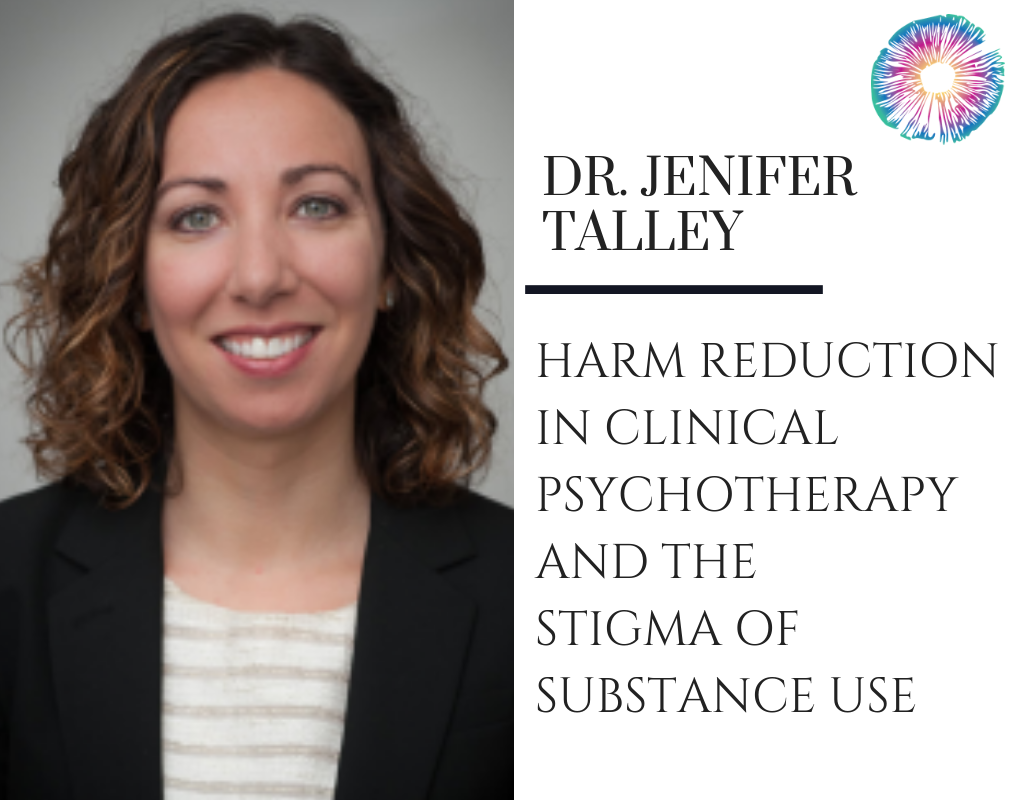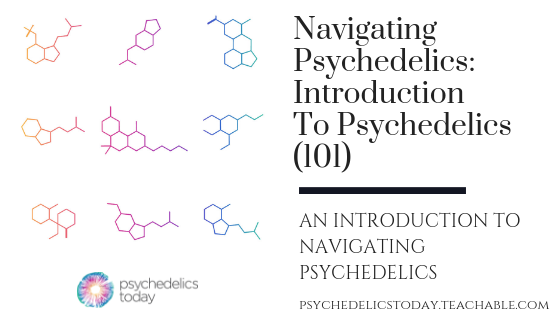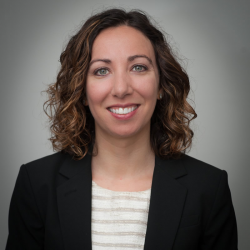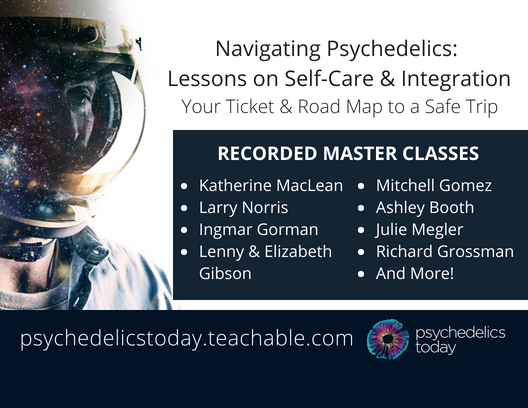
In this episode, Kyle interviews Dr. Jenifer Talley, Psychologist and Assistant Director at the Center for Optimal Living that specializes in harm reduction psychotherapy. Topics include the current stigma of substance use and the benefits of using a harm reduction approach.
3 Key Points:
- Dr. Jenifer Talley is a Psychologist at the Center for Optimal Living who practices harm reduction with her psychotherapy clients.
- Substance misuse is typically a symptom of a bigger issue. Jenifer uses integrative harm reduction psychotherapy, a model developed by Dr. Andrew Tatarsky that is organized around 7 Therapeutic Tasks to help build safe relationships with her clients in adjusting their relationships with drugs and alcohol and other behaviors.
- There is a stigma on substance use, and shifting away from the current model into a harm reduction framework could help users be more receptive to change and healing.
Support the show
- Patreon
- Leave us a review on iTunes
- Share us with your friends – favorite podcast, etc
- Join our Facebook group – Psychedelics Today group – Find the others and create community.
Navigating Psychedelics
Show Notes
About Dr. Jenifer Talley
- Jenifer grew up outside of DC and moved up to the New York area for her internship and was working with female survivors of trauma and substance use at St. Luke’s Hospital.
- Dr. Tatarsky founded the Center for Optimal Living in 2011 and she joined the team when they opened and is now the Assistant Director.
- The Center for Optimal Living is known best for their clinical work and trainings focused on substance use and harm reduction.
Substance Misuse
- Jenifer says that ‘abstinence only’ or ‘abstinence first’ approach doesn’t really work
- It’s all about determining the relationship the patients want to have with a substance
- Abstinence can be ineffective at engaging people who may not be ready to embrace abstinence as their goal. It also supports people’s autonomy and right to make decisions about what relationship they wish to have with drugs and alcohol.
- People really struggle with vulnerability and trauma is a player as to why someone wants to use a substance
- “Substance use is a symptom of a bigger issue” – Jenifer
- It’s unfair to ask someone to change without asking the whole system to change
7 Therapeutic Tasks
- The Therapeutic Alliance – Letting the client know they can trust them
- Sets the stage for treatment in a way that is non-judgmental, compassionate and personalized. Emphasizing the goals that clients wish to work on vs. having my own agenda.
- The Therapeutic Relationship Heals – Jenifer says they are sensitive about creating a safe therapeutic relationship with clients
- Enhancing Self Management Skills – How to better help with coping skills, shifting how people relate to cravings
- “What’s driving my urge to go for a drink right now?”
- Loneliness, boredom, and sadness are reasons for craving
- Assessment as Treatment – What was the craving, how did they respond to that craving, how did they give in to the craving, how did they feel afterward
- When Friday night rolls around, can the client picture the guilt and shame of Monday morning in that moment?
- Embracing Ambivalence – The client might have different parts of themselves, one part of them may want to really work on healing and change, and the other part of them might never want to change
- Goal Setting – helping clients think through bigger lifestyle changes they want to make, such as diet, self-care activities, and specific substance use related goals
- Personalized Plan for Change – asking people to really evaluate their use and create a realistic and individualized plan for meeting their goals
Substance Use Stigma
- How do we not be judgmental about someone’s substance use, and care about their safety?
- Jenifer says she feels very protective about people she works with, and is very sensitive to her clients because of the shame about their drug use
Clients Under the Influence
- Jenifer asks herself “does this person need medical attention right now?”
- She had a client that came in intoxicated but they were able to have a conversation still
- But she didn’t let him go home because of the fact that he drank
- She gave him food and water and waited until he was able to get home safely
- She thought about it from a compassionate approach and thought “what is that telling us about his use?” and the next time the client came in they said their drinking was hardly manageable
Harm Reduction Model
- There is a gap in training as clinicians as providers
- In the US specifically, the 12 step process and abstinence are used which are a part of the disease model
- There is a lot of stigma and shame in calling someone an “addict.”
- The fear about the harm reduction model is that it is thought to lead to decriminalization
- The other issue is that the harm reduction model is thought to not include abstinence
- Jenifer says it does include abstinence, she just doesn’t lead with the abstinence approach
- Kyle mentions that a common thought for clinicians is “How do I incorporate a hard reduction approach without condoning drug use?”
- Jenifer says the drug use is happening already
- The first step is noticing your own biases first, and then getting informed about the model
- Andrew Tatarsky’s Book
- Patt Denning and Jeannie Little – Over the Influence
Shifting to the Harm Reduction Model
- Help clients build a life that they are happy with
- 3-day training coming up
- The training goes into the history and why there needs to be a paradigm shift in looking at addiction
- The second and third days really go into the 7 Therapeutic Tasks
- Because there is more funding, they are going to offer regional trainings in Florida and will also train the staff at the Department of Health and Mental Hygiene in NYC.
- The idea of harm reduction might be less appealing to parents, so they really focus on educating parents and teens on harm reduction versus strict abstinence
- Kyle mentions a statistic he read saying that the older generation’s vice is alcohol and that young adults are using opioids and pills
- Psychedelic Education and Continuing Care Program is psychedelic harm reduction
Final Thoughts
- A harm reduction approach is necessary to teach people how to test, it could possibly save lives
- Families for Sensible Drug Policy
- We need to re-humanize treatment for users
Links
Check out our online course, “Introduction to Psychedelics”
About Dr. Jenifer Talley

As the Assistant Director of The Center for Optimal Living, Jenifer coordinates clinical services and training activities along with providing individual psychotherapy.Together with Dr. Andrew Tatarsky, she started the first-ever Harm Reduction Psychotherapy Certificate Program. In her clinical work at The Center for Optimal Living, she provides individual psychotherapy using an integrative harm reduction framework where the focus is on developing a collaborative and compassionate relationship with my clients to promote positive change.



